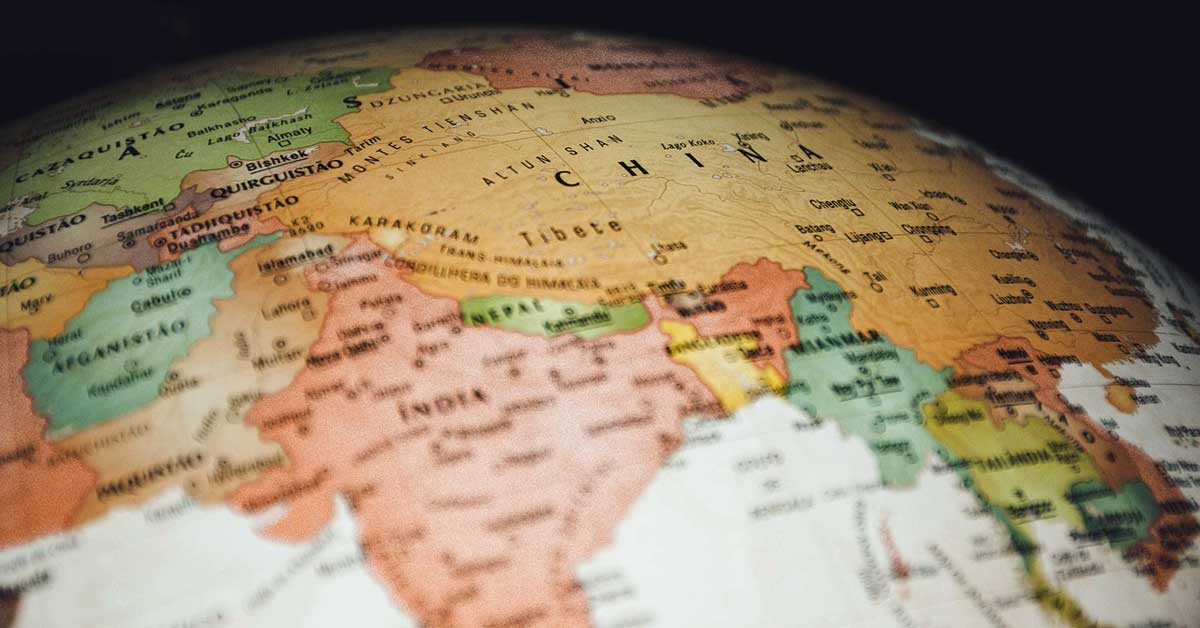12 pillars of economic, political & military power shaping the future of humanity
Now, a quarter of the way through the 21st century, the US still dominates the world order, but other countries are growing stronger, leading to the emergence of a new economic order. Twelve pillars of power will shape the future of humanity in this new, slowbalized world.
#Forwardism: Adjiedj Bakas and Vinco David
- What are the 12 economic, political and military pillars of power?
- How will these pillars interact with one another, working together to model or remodel both people and the world they live in?
- How will the new world systems blend into Happynomy — the Economy of Happiness?
- Economic Blocs
- Superpowers
- World Governmental Institutions
- Multinationals and the Superclass
- Tigers Are Moving Up…and Down
- Mixed Power and Dormant Regions
- Lost Regions with No Future at All
- Peaceful Networks and Diasporas
- Angry Tribes and Networks
- The Tech Industry
- Religious and Moral Groups
- Financial Institutions
- Why is the European Union a precarious balance?
- Will the process of European integration slow and eventually halt?
- Why will economic blocs (rather than cultural and political ones) remain powerful?
- Why will several Asian blocs merge to form a single Asian trade alliance?
- How has China’s growing influence reoriented the Southeast Asia power structure?
- Why are large parts of the economy ruled by emotions?
- Could Middle Eastern blocs bring much-needed peace?
- How will the US, Japan, Brazil, Russia, India and China dominate the new world order?
- As the smallest superpower, how will Russia be in the position of kingmaker?
- As an economic superpower, will China take first place from the US within the coming years?
- Why did India gradually began to dream bigger, to dream of becoming a superpower?
Shift Happens.
Discover #Forwardism!
Coming 01 July 2025.
Buying options: Amazon Kindle • Amazon (worldwide) • Amazon.in • Klanten in Nederland • Indian book shops

If India truly aspires to become a superpower and stand on equal footing with China and the USA, there is still much work to be done.
#Forwardism: Adjiedj Bakas and Vinco David
- Why must India embrace a cycle of continuous learning and adaptation?
- How does the role of private enterprise in India’s economic international boom reflect domestic reality?
- How is understanding how to deliver what poorer people need a major advantage over Chinese competitors?
- How do international contacts stimulate the Brazilian economy, which is rich in raw materials and human capital?
- Why does Brazil have every chance of developing into a superpower?
- How are institutions currently attempting to lead the rapidly changing world not performing well and consequently facing criticism?
- Why will the constant quest for moral and ethical boundaries increasingly bring people back to religion?
- How will new economic blocs find their own institution to negotiate trade and financial or economic matters?
- How are traditional financial institutions playing a leading role in financing the new economic order, making the world richer?
- Why are international issues important for multinationals that have become superpowers with considerable influence over life and work decisions, society and national economies?
- How will multinationals’ power and influence be a major pillar in tomorrow’s world, with their leaders becoming prominent members of a superclass?

Extensively reshaping the nature of life, governance and economies, technology will merge with other industries — like finance — to become omnipresent in all aspects of our lives.
#Forwardism: Adjiedj Bakas and Vinco David
- How will small, independent Tiger countries (or regions) – ambitious, well governed, bursting with confidence and wealthy – flex their strong economic foundation and efficient talent management?
- How will regions, countries and cities be divided into strong and weak zones in the future?
- What is the impact of growing tension among citizens becoming poorer because of limited skills for survival in the new world order?
- Why do some citizens lack the spirit, ambition or intelligence to capitalize on opportunity?
- Why do lost countries offer few prospects to anyone living there, making the people perpetually angry with themselves and at the rest of the world?
- How has globalization and new media allowed various diasporas to develop a global lifestyle and organize themselves into powerful international communities that will play an increasingly significant role?
- Why has the fear of ‘other’ – anxiety about the purity of national populations, the threat of terrorism and ‘white fears’ of losing the struggle for existence – gone into overdrive?
- Why are the anxieties of the powerless being directed towards clearly identifiable social groups, whether immigrants or refugees?
- Why do some groups oppose globalization and respond with rage to a feeling of powerlessness?
- How has technology connected people, providing more mobility and flexibility than ever before?
- Why do we live in an age of sharp religious boundaries — sharper than they have been for a long time?
- If autocracies are to succeed, how will they have to make citizens as happy as democracies do?
Global Power Shift | Future Geopolitics | Military Tech Future | Global Economic Dominance | Rising Superpowers | 21st Century Politics
